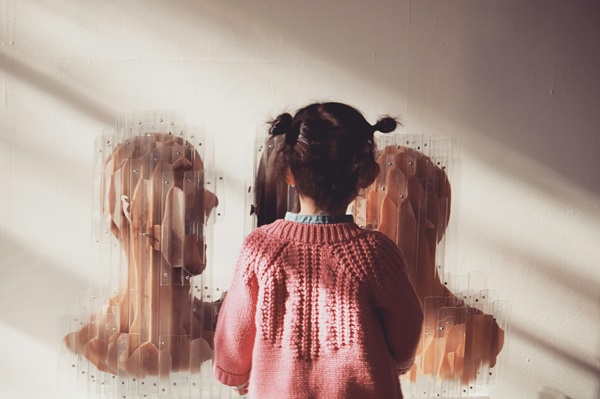 Credit: Pexels
Credit: Pexels
The Kannermusée PLOMM was officially inaugurated on Friday 26 April 2024, by the Luxembourg Minister of Agriculture, Food and Viticulture, Martine Hansen, the Minister of Education, Children and Youth, Claude Meisch, and the Minister for Culture, Eric Thill, in the presence of numerous representatives from public life.
This museum, located at the Geenzepark school campus in Wiltz, is aimed at a young audience. It is unique on the national territory and has a participatory and interactive approach.
This project was supported by the Ministries of Culture, Agriculture, Food and Viticulture and Education, Children and Youth. It aims to promote aspects linked to the promotion of and access to culture, the revitalisation of the rural environment and the participation of children and young people. The members of the government present praised the “exemplary work” carried out by the municipal services and all the actors involved in the Kannermusée PLOMM project.
Increase the creative potential of children and access to culture
Covering an area of more than 1,700 m2, this space is dedicated to discovery, learning and creativity, the ministries noted. The “hands-on” and the non-formal educational approach aim to allow children to develop their critical thinking skills independently and sharpen their creative potential. The exhibitions and workshops offered will be centred around current societal and cultural topics, to give children the means to understand the world around them at their own pace while allowing them to satisfy and encourage their natural curiosity.
The museum is part of a larger civic approach because it is part of the “Wunne mat der Wooltz” urbanisation project, which includes the museum, and also a primary school, a relay house as well as the music school of Wiltz. The proximity of Wiltz station will also allow easy access to classes of students coming from other parts of the country.
This museum aims to be an additional asset for the attractiveness of the country and the Luxembourg regions, to enrich the cultural landscape of the country and museum offer, and to propose privileged access to culture dedicated to the youngest.
Culture Minister Thill emphasised the importance of the synergies which enabled this project to see the light of day, a project which will encourage access to culture from a very young age: “Culture in all its facets has always encouraged creativity and imagination, but it also conveys important values such as open-mindedness, solidarity and tolerance. Making these places accessible and giving young people the opportunity to discover the world through play is essential, because this will allow them to become creative and engaged adults and citizens,” he added in his speech.
Minister Hansen, Minister in charge of rural development, recalled that the idea of the Kannermusée found its roots in a LEADER project from 2009-2010. She highlighted: “LEADER projects always stand out for their participatory and innovative approach. The Kannermusée embodies precisely these values. In addition, the museum will contribute to enriching the tourist, cultural and socio-educational offerings of Oesling, thus making this rural region more attractive and improving the quality of life of its citizens.”
A national resource centre to promote child participation
The Kannermusée PLOMM also houses a resource centre for education and reception structures, municipalities and individuals who work with children and who wish to promote or develop participatory forms. Professionals in the non-formal education sector (crèches, relay houses, hostels, youth centres, etc.) will find documentation, specialised support, continuing training and individual advice to develop projects aimed at enabling children to express their opinions regarding decisions that concern them at the Kompetenzlabo. This dialogue between the Kannermusée PLOMM and professionals in the non-formal education sector has already made it possible to organise large-scale projects, such as the CHICO national children's conference, from which valuable lessons can be drawn for future initiatives.
"We run a great risk in believing that our democracy will endure forever. Recent history shows us otherwise; it must be a warning and an encouragement to us at the same time. It must motivate us to develop children's critical thinking and to transmit to them the values of participation The Kannermusée PLOMM is committed to strong children and democracy. With its Kompetenzlabo focused on participation, it constitutes a resource centre and a reference for many actors in our education system," said Minister Meisch. Strengthening the participation of children and young people is one of the main objectives of the national action plan for children's rights “Zesumme fir d'Rechter vum Kand” (together for children’s rights), adopted for the years 2022 to 2026.








